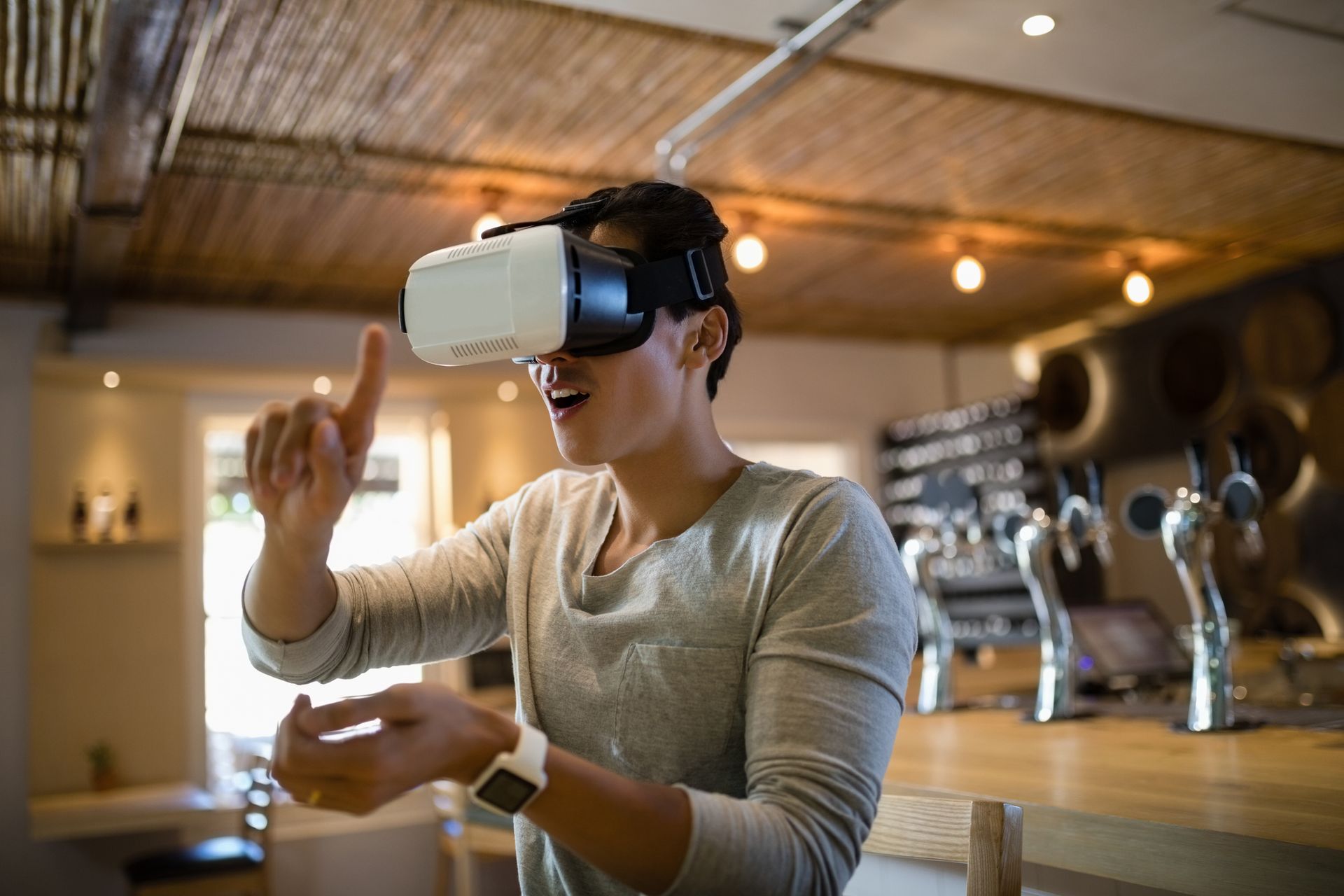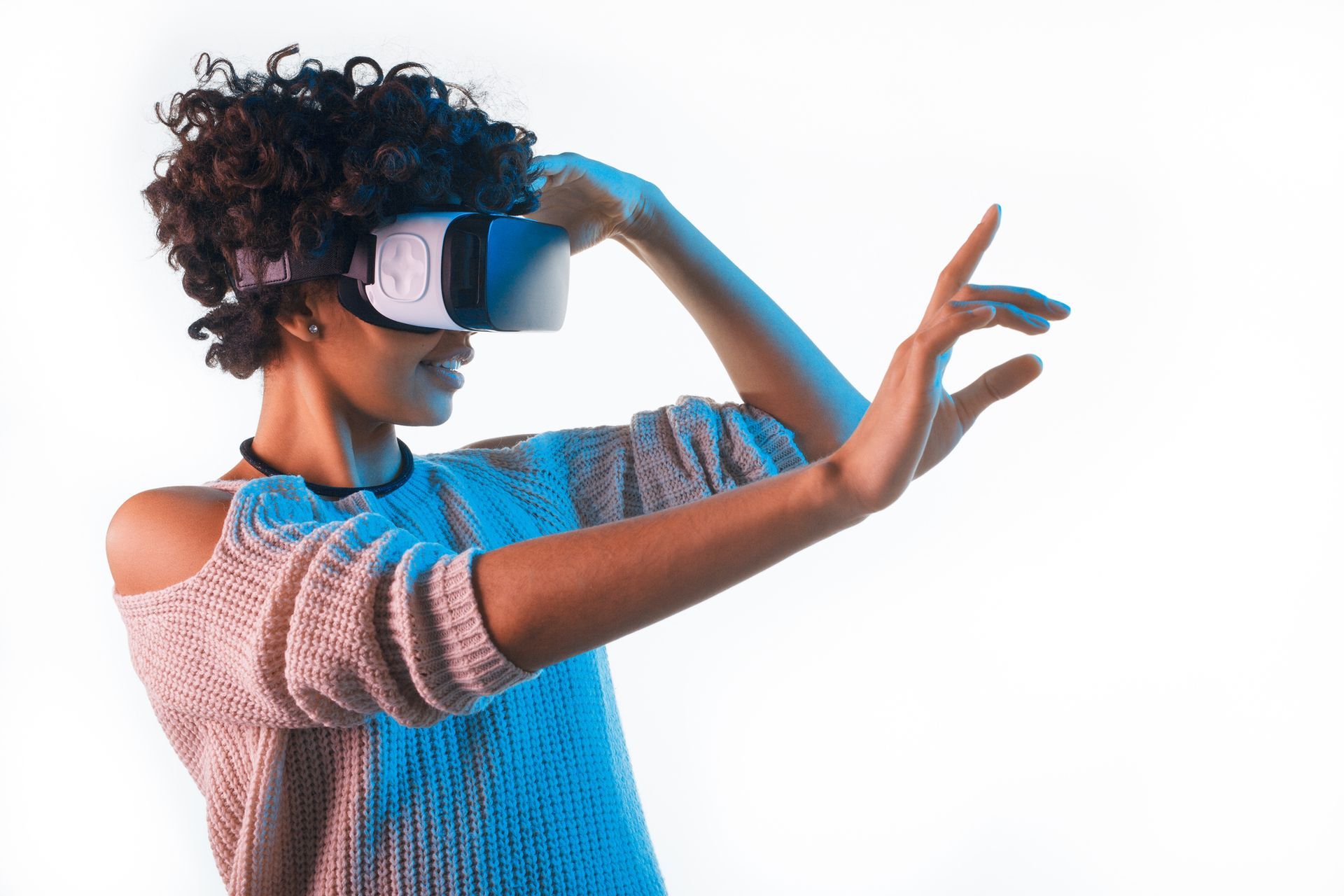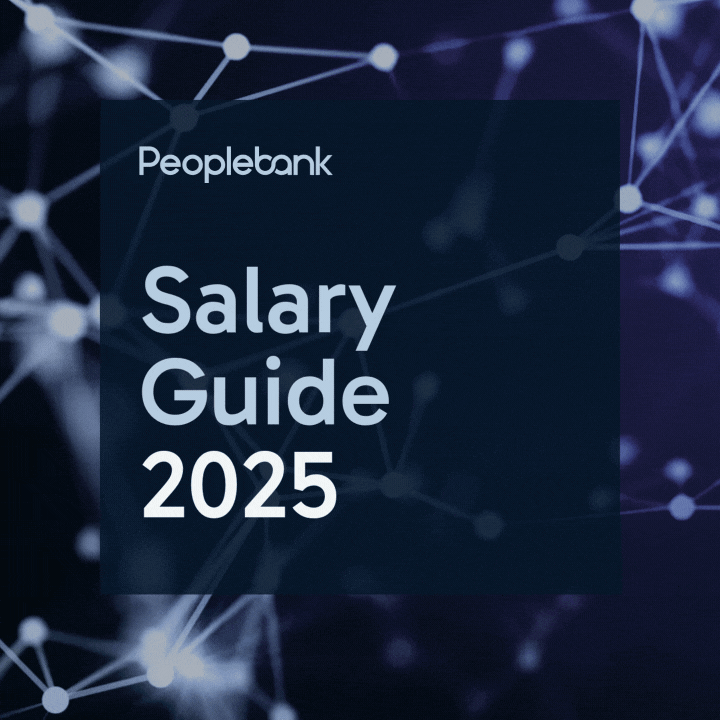Will VR succeed with a social or gaming focus?
Virtual Reality or VR has been around for a little while now, however, it’s existence and importance is still largely isolated to a niche market of dedicated tech enthusiasts and gamers. The question that is lingering around VR is whether or not it will succeed in the way most people expect it to.

In 2016 at the E3 expo VR had an opportunity to shine in the gaming world, but the expo showed how companies had over-promised and under-delivered. Here is a brief low down of the 2016 E3 expo:
- PlayStation had an excellent line up of VR adaptable games with a comfortable headset but lacked in hardware advancement (offering only a low powered machine) with lower resolution (in comparison to other gaming systems). This made the great line up, not as immersive and fun as some would expect. Some guests at E3 mentioned experiencing motion sickness during one game. But motion sickness seems to be an issue with several games, not just those put forward by PlayStation.
- Oculus Rift (a PC based VR system) had amazingly polished games that looked incredible but were released without motion controllers and instead rolled out the controllers slowly. Which means they had limited hardware to properly play the games with.
- HTV Vive had some good games and demo’s but seemed to market their products towards arcades rather than to individual players. HTV Vive’s games also had some work to be complete.
That was all in 2016 and not much has changed since. The headsets and hardware are still mostly cumbersome, and most games can lag or appear in low resolution (though not all). However, it still doesn’t seem to be as popular as regular PC or Sony gaming practices. But there are other options and possibilities for VR. Facebook acquired Oculus Rift in 2014 and has recently released a VR app on Facebook. This means that VR users can log onto Facebook from their headset. So far, they can only use the regular Facebook functions, but there is much opportunity to do more. This invites VR into a social network space, encouraging it to be a shared experience rather than an individual gamer experience. This is something that might take off a little better than VR gaming. But why?

For one thing, VR would allow friends to meet and experience adventures together, without actually being together. This point is especially appealing to people like me who live in a different state to close family and friends. It could enable remote work meetings to feel more face to face and for flexible workers to remain connected to a workplace enabling for higher productivity and company morale. It would bring people together in a completely different way. There are other applications (not just Facebook) using VR in a social sphere, a lot of them connecting people from all over the world. In these virtual worlds, people can play games, chat, watch live entertainers, watch a movie and more. Since games need quite an extensive production to be VR ready, perhaps these virtual social spaces and experiences are more suitable for the hardware at hand.

Here are a few things that need to happen before VR can become successful (as a gaming product or a social one):
- Slimmer, easier to use hardware (think as easy as sunglasses)
- Cheaper options with similar high-quality experiences
- Marketing as more communal technology rather than for the individual
- A cure for the motion sickness
- Games and applications that allow for minimal movement (not everyone has large lounge rooms to run around in)
- More VR content
Can you think of any more solutions? Do you think VR will be more successful as a social tool or a gaming console?
Recently at CES 2018 HTV Vive introduced an updated system: HTV Vive Pro – it was more advanced, with higher resolution and integrated headphones but not completely wireless, and of course, has no pricing or availability information as of yet. There were a few other VR related announcements that made it seem that 2018 might be the year VR makes some serious upgrades. But we’ll see!
For information and digital jobs, visit us at Peoplebank Digital
New Paragraph






















